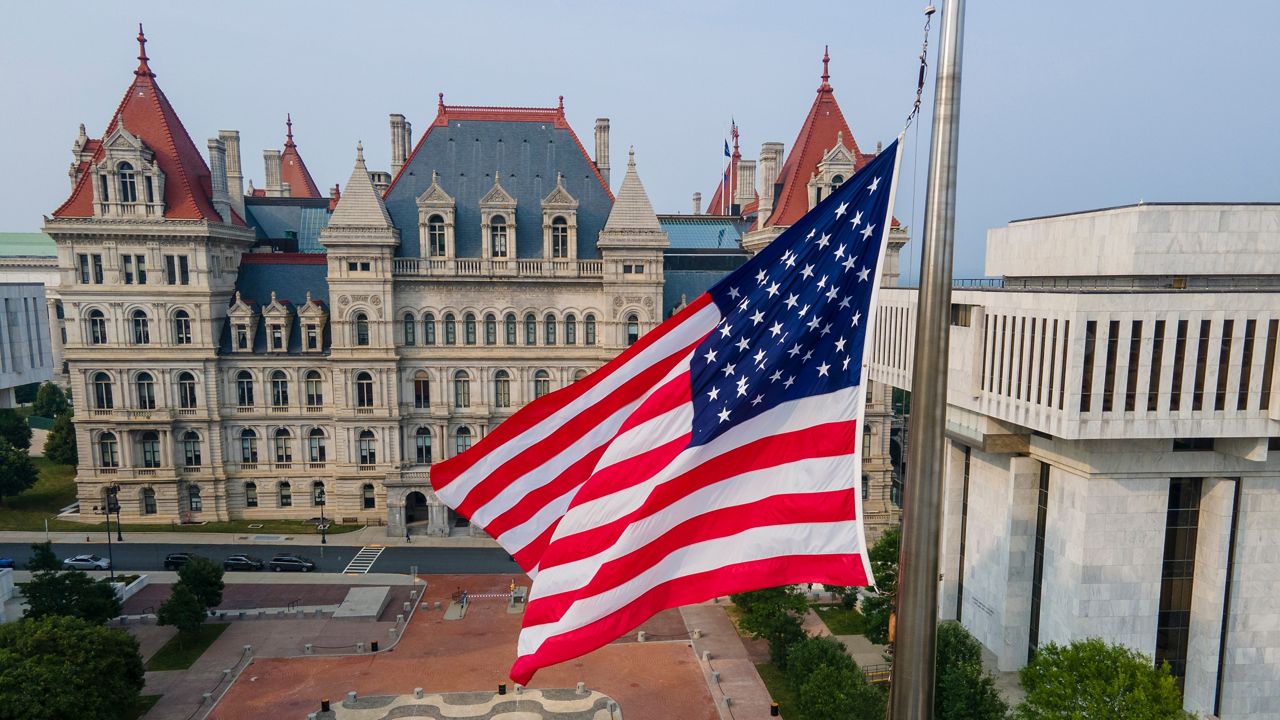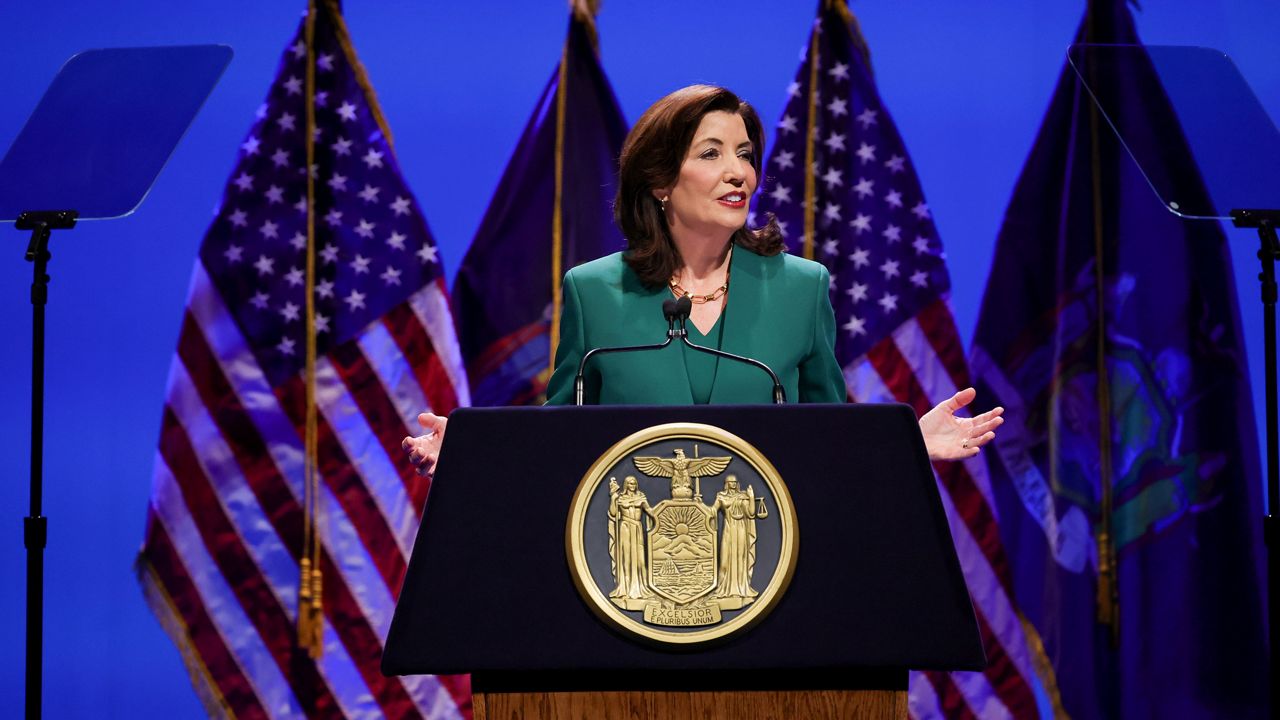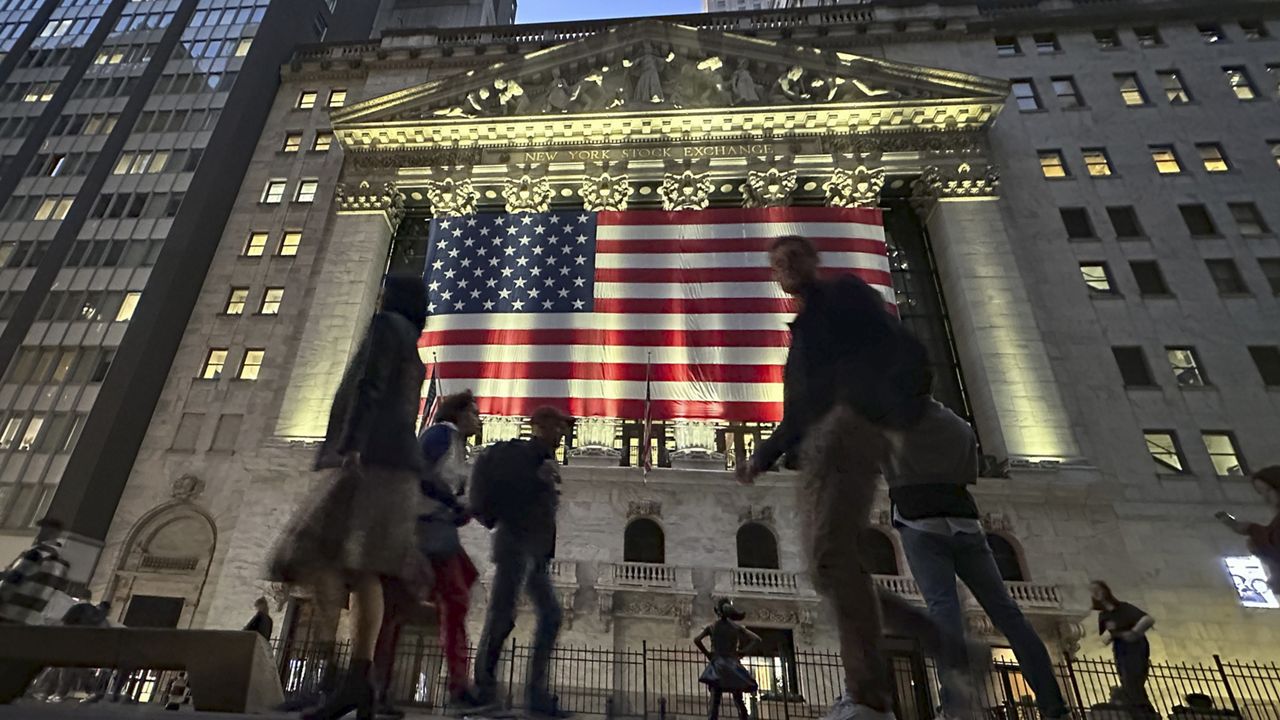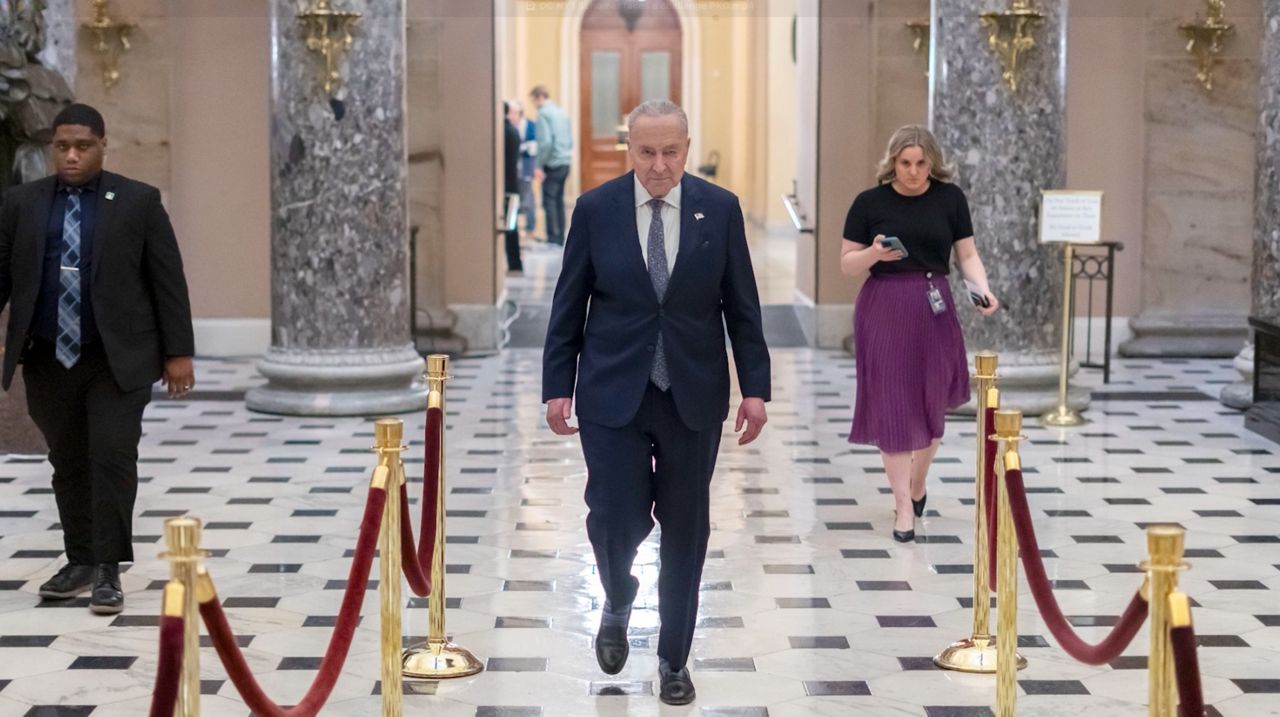Several new state laws will take effect on New Year’s Day, and tens of thousands of New Yorkers will see a boost in their paychecks with the minimum wage set to rise.
At a time when the cost of living is high, supporters of the minimum wage increase said it will prove a welcome change in the new year.
What You Need To Know
- On Jan. 1, workers in New York City, Long Island and Westchester will see their hourly wage jump from $15 to $16
- For those employees upstate, hourly pay will increase from $14.20 to $15
- Minimum wage was last increased in 2019, after former Gov. Andrew Cuomo signed the law in 2014
The New York City metropolitan area is on track for minimum wage hikes starting Jan. 1.
“New Yorkers are getting a pay raise. On January 1st, the minimum wage will go into effect. It goes up to $16 an hour in New York City, Westchester and Long Island. $15 an hour in Upstate,” Gov. Kathy Hochul said on Dec. 11.
By 2026, people working in restaurants, nail salons and car washes in the New York City metropolitan area will see wages grow higher, to $17.
After that, increases will be tied to the rate of inflation statewide.
NYC/Long Island/Westchester:
- Dec. 2023: $15.00
- Jan. 2024: $16.00
- Jan. 2025 - $16.50
- Jan. 2026 - $17.00
Upstate:
- Dec. 2023: $14.20
- Jan. 2024: $15.00
- Jan. 2025: $15.50
- Jan. 2026: $16.00
Minimum wage was last increased in 2019. State Sen. Jessica Ramos, the chamber’s Labor Committee Chair, argued it will help working families.
“We can’t have our childcare centers be competing with Panera and other fast food workers because they pay similar wage scales,” she told NY1.
Ramos said employees need to make sure their bosses comply. If not, they can file wage theft reports with the State Department of Labor.
But others warn, employers could be forced to cut jobs.
“The cost of living in New York State is way above the national average. The cost of doing business is way above the national average and the increase to minimum wage was in last year’s budget, so we knew this was coming. It’s not going to be helpful. In fact, I believe it will lead to further job loss,” said Assembly Minority Leader Will Barclay.
New York follows behind California and Washington State, which already has an hourly rate of $16.
“The next step in the wage fight is wage parity,” Ramos said. “There is no reason that upstate should be out of lockstep with the city, yes, the cost of living upstate is lower, but it’s also many cities — like Buffalo and Rochester that I just visited — that are experiencing severe worker shortages.”
Meanwhile, new changes to the state’s election law also take effect Jan. 1. Those include allowing more time for people to register ahead of an election and permitting registration on the first day of early voting.
Looking ahead to 2024, Hochul and the Legislature have many issues to hash out.
“How will the state implement policies to meet its climate goals with Republicans’ argument that it’s unaffordable? I think that’s gonna be another big tension fight,” said Blair Horner, New York Public Interest Group’s legislative director. “Also, of course, related to the fiscal issue, is what do you do about the asylum seekers and migrants coming to New York? There’s a lot of financial pressure there too.”
Building more housing is also a priority. Hochul said she’s keen on restoring tax incentives for developers.
“I’m willing to work with the legislature, but I’m not going to have policies that will suppress the urgent need we have for more developers to put shovels in the ground and build more housing. We’re falling behind every other state,” she said on Dec. 19. “It’s unconscionable to me that we cannot work together to find a path and we need to get more housing built. That’s what I’m starting with and always willing to look at tenant rights as well.”









